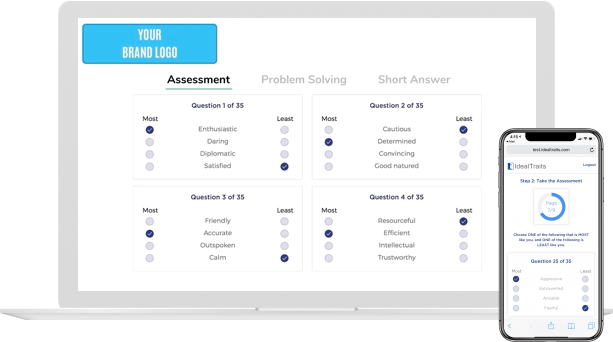Paradigm Parachute: How Agents Can Take Advantage of E&O Defenses
Increasingly, courts and legislatures around the country have offered insurance professionals a parachute of sorts to save the day in the event of an errors & omissions claim. Sometimes it’s in the form of a short statute of limitations that begins once the policy is delivered to your insured. Other times, the court announces a willingness to impose upon your client a duty to read the policy or other important documents that are sent to them, making it incumbent upon your client to ask for corrections.
By: E&O Claims Advisor
Increasingly, courts and legislatures around the country have offered insurance professionals a parachute of sorts to save the day in the event of an errors & omissions claim. Sometimes it’s in the form of a short statute of limitations that begins once the policy is delivered to your insured. Other times, the court announces a willingness to impose upon your client a duty to read the policy or other important documents that are sent to them, making it incumbent upon your client to ask for corrections.
However, we don’t see many lawsuits kicked out of the courts on duty-to-read grounds. The reason: we’ve found that many agents are dropping the ball when it comes to getting that policy or quote into the hands of your customers.
When that happens, you get an entirely different outcome because the courts are quick to reject an argument when the policyholder is never given an opportunity to actually hold the policy.
In many instances, carriers are responsible for sending out policy documents directly to insureds. If you can prove that was done, you’re in good shape. Sometimes, though, that’s a big “if,” especially when you’ve provided the wrong mailing address for your insured and the document is sent but never received. Another common scenario: the carrier typically sends the policy to your insured, but you agree to make delivery instead. In one such case involving brokered business, the policy was sent to the agency for delivery, and we think it was sent. The problem was, we could not prove it. No notation was made in the agency management system (AMS) confirming mailing or delivery, and the agency no longer had access to its former employee’s email account to look for a transmittal.
When a case like this goes to trial, your agency’s tepid, “I’m sure we would have sent it” loses out to your client’s rock-solid, “I’m sure I did not receive it” every time.
And here’s a worst-case scenario: non-delivery because of non-existence. We continue to see claims where the carrier refuses to pay a loss because your customer no longer has coverage after a policy has been non-renewed due to loss history, the carrier exiting the market, or because some document required to place coverage has not been returned to the carrier.
In addition to not getting around to placing or replacing coverage, agents neglect to pick up the phone and deliver the bad news to your client. You cannot deliver what does not exist, so in between the customer with a winning E&O claim and the carrier with a winning defense, you sit holding the bag.
Here are five ways to maximize your chances of relying successfully on one of these defenses:
- Don’t take on extra burdens like policy delivery unnecessarily.
- Double-check essential information provided to the carrier, such as mailing addresses.
- If you are required to deliver the policy, be sure you have a foolproof system for ensuring that delivery takes place, including proof of delivery.
- Provide a copy of the application with the policy and stress the importance of your customer reviewing everything to find mistakes, as well as identifying questions they need to ask you about exclusions and other policy language that may limit coverage.
- Let them know as soon as possible if you cannot get them coverage, so they have a reasonable opportunity to find it elsewhere.
Insurance agents must be vigilant in ensuring timely and accurate delivery of policies, documenting procedures, and maintaining clear communication with clients. By implementing best practices and staying proactive, agents can significantly reduce the risk of errors and omissions claims and safeguard both their business and clients’ interests.
Matthew Davis is head of financial professional claims for North America, Swiss Re Corporate Solutions America Holding Corporation. Insurance products underwritten by Westport Insurance Corporation and Swiss Re Corporate Solutions America Insurance Corporation, Kansas City, Missouri, members of Swiss Re Corporate Solutions.
This article is intended to be used for general informational purposes only and is not to be relied upon or used for any particular purpose. Swiss Re shall not be held responsible in any way for, and specifically disclaims any liability arising out of or in any way connected to, reliance on or use of any of the information contained or referenced in this article. The information contained or referenced in this article is not intended to constitute and should not be considered legal, accounting or professional advice, nor shall it serve as a substitute for the recipient obtaining such advice. The views expressed in this article do not necessarily represent the views of the Swiss Re Group (“Swiss Re”) and/or its subsidiaries and/or management and/or shareholders.
Copyright © 2025, Big “I” Virtual University. All rights reserved. No part of this material may be used or reproduced in any manner without the prior written permission from Big “I” Virtual University. For further information, contact [email protected].









